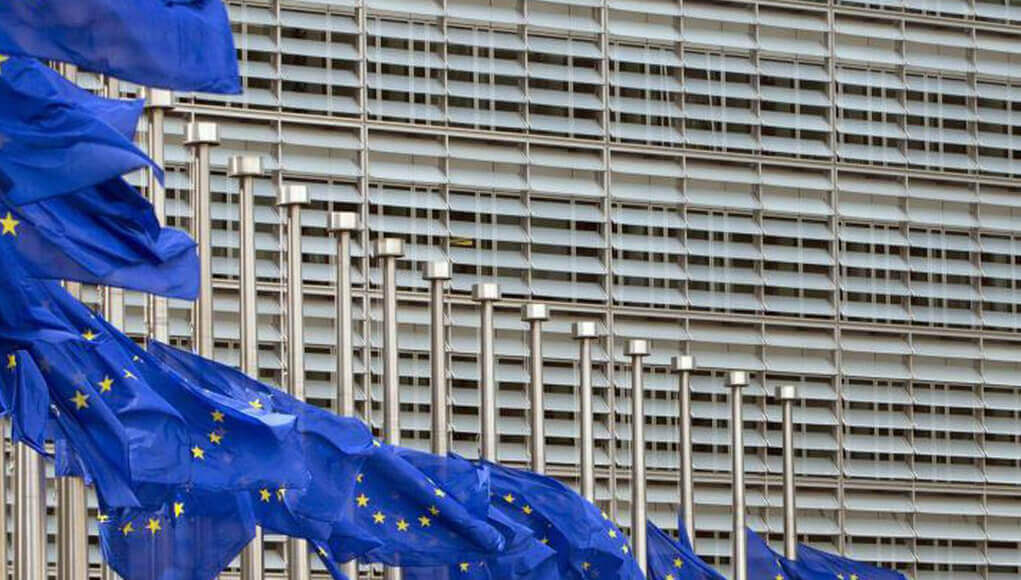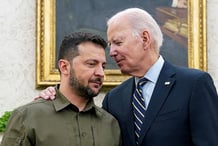Kosovo and Serbia resume their dialogue after months of interruptions and recurring crises, but the path toward normalization of their relations is full of obstacles.
After virtual talks at the end of last week, Serbian President Aleksandar Vučić will meet Thursday and Kosovo Prime Minister Avdullah Hoti in person.
After the hypothetical meeting, the EU Special Representative for the Western Balkans Miroslav Lajčák said that the dialogue was launched again, while the Union’s Foreign Minister, Josep Borrell, called on the two countries’ officials to show “political courage”.
This will be the first official meeting of its kind since the spring of 2019 when a summit between the Serbian President and his Kosovan counterpart Hashim Thaçi failed to reach any result.
Hashim Thaçi, a central figure in political life in Kosovo since its independence, was out of the game for being accused of war crimes.
Two decades after its eruption, this conflict, which has not been resolved since the last wars that tore apart the former Yugoslavia, is still standing and posing a threat to the stability of the old continent.
This conflict resulted in more than 13,000 deaths, most of whom were Albanians, and ended with a Western bombing campaign that forced Serbian forces to withdraw.
Belgrade does not recognize the independence of its former southern province, which was announced in 2008, while agreements to normalize relations in 2013 remained a dead letter.
Most of the western countries, including 22 of the 27 member states of the European Union, recognize Kosovo, the majority of whose population is Albanian, as an independent state.
This file constitutes an obstacle to Serbia’s accession to the European Union.
Kosovo cannot obtain official recognition by the United Nations of its independence, unless Serbia, which takes Russia and China, takes a favorable stance.














